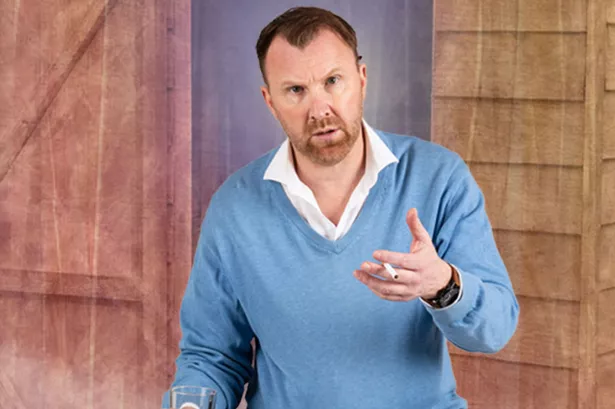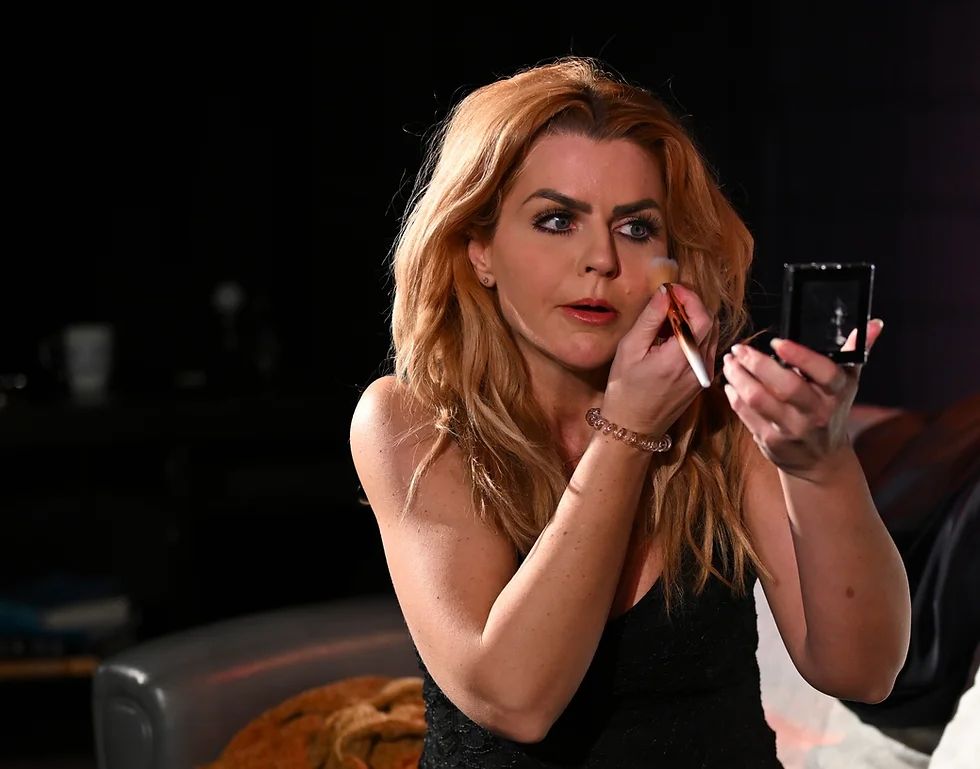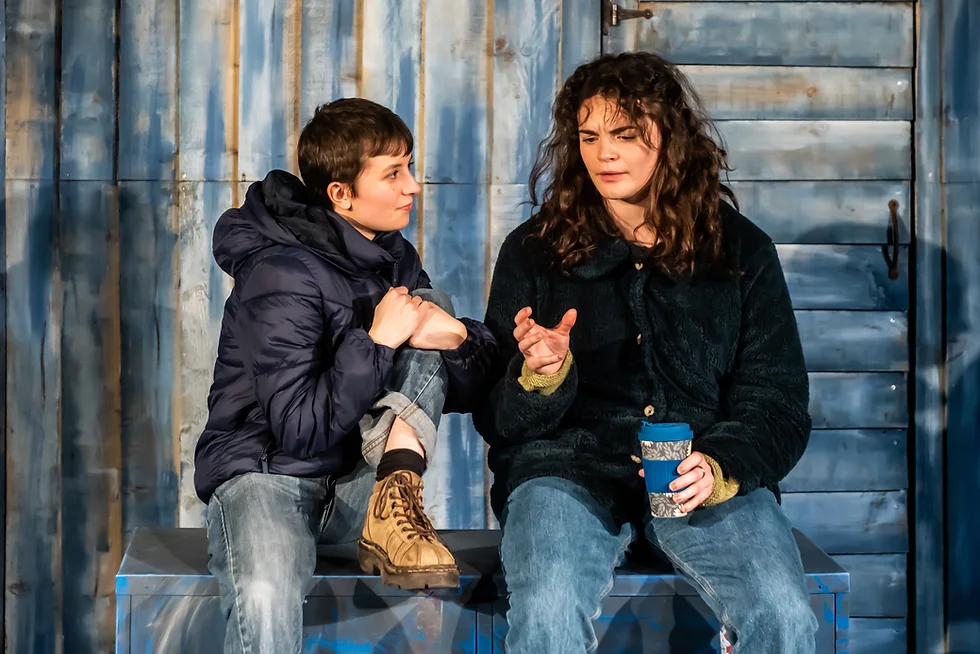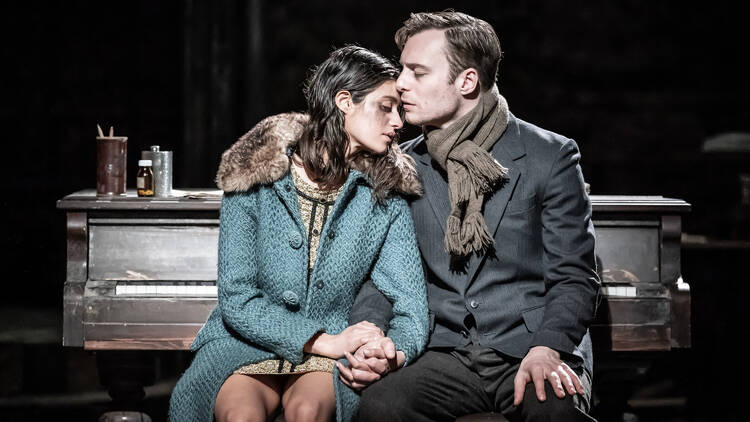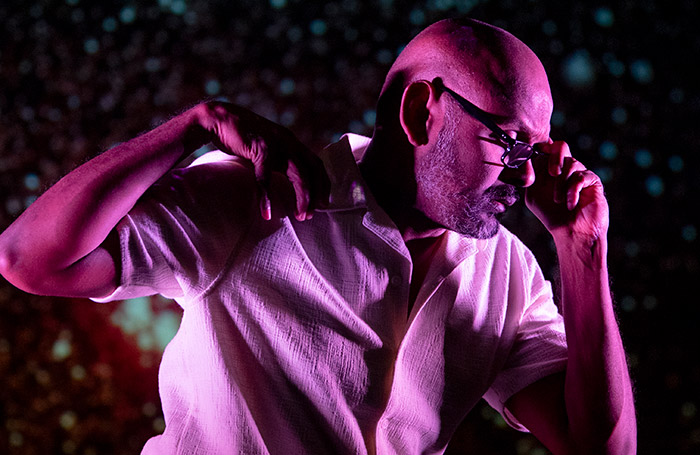by Zahid Fayyaz
Following on from his success run at the Edinburgh Fringe in 2023, Jason Byrne brings his one-man play to London for a few dates. On a stage set up to look like his dad’s ‘man cave’, with a Perry Como record and red lemonade prominently displayed, it certainly looks the part for what follows.
Continue reading
